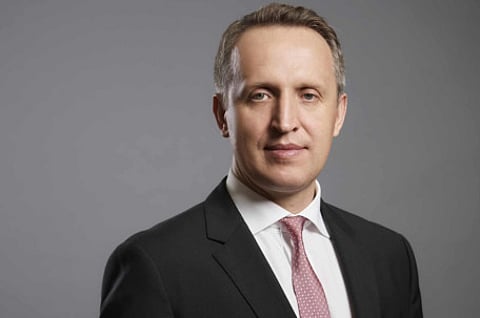Artificial intelligence: What’s in store for us
UAE Artificial Intelligence Strategy sets ambitious goals – all of which can be made possible by ICT capabilities

In a world characterised by technology, where new advancements and innovations come to life every day, our capabilities have far exceeded what were once thought possible.
When the first mobile phone call was made, when the first electric car was driven and when the first remote surgery was performed — the world was wowed, as it has been with every great “first” in the realm of technology.
We are consistently amazed by what technology can do, and as time passes, the magnitude of its capabilities and the world’s subsequent astonishment are heightened. And as society progresses, technology will only continue to redefine what is possible when innovation, resources and initiative come together.
With the recently launched UAE Artificial Intelligence Strategy, introduced by His Highness Shaikh Mohammad Bin Rashid Al Maktoum, Vice-President and Prime Minister of the UAE and Ruler of Dubai, the world will bear witness to a slew of new “firsts” — technological developments conceived in one of the world’s greatest innovation hubs which will make ripples across the globe. The strategy is the first long-term plan of its kind in the world, created by a government with ambitious goals.
Artificial Intelligence (AI) is the future of intuitive technology. It is already present in so much of modern life, business, and government; and it will only continue to grow and diversify in the coming years. Consider: experts forecast that by 2025, AI will drive 95 per cent of all customer interactions, and AI revenues will rise to $36.8 billion globally.
The UAE strategy was devised to invest all capabilities in an ideal way, utilising resources, human and financial capital in a constructive manner that will quicken the execution of future programmes and development projects in the UAE. In turn, it will drive the technological processes that will transform the country into a global leader in Smart technologies, innovative solutions and technological development.
To bring this groundbreaking strategy to fruition, the UAE will need to employ ICT infrastructure and solutions capable of supporting and sustaining the technologies of tomorrow. Execution will require resources from a technologically ambitious government, as well as support from leading ICT providers in the region.
- The author is head of Ericsson in the GCC


